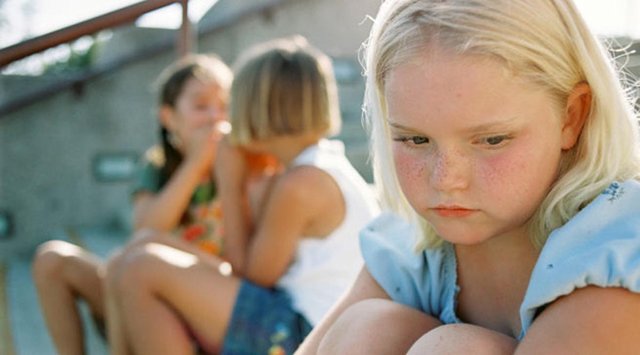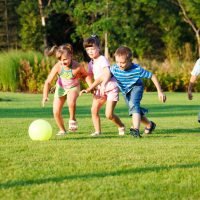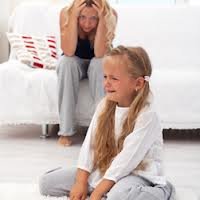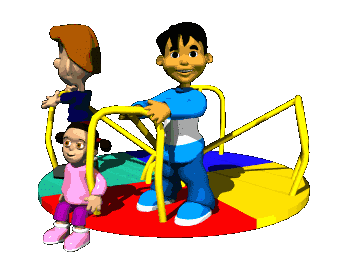How to Help Children to be more Sociable


The first thing that parents must do is to observe to the children carefully in order to determine their type of temperament and thus ensure that they have a standard behavior. I
In the event that the child has difficulty relating, as parents we must accept that our child has a special condition and to facilitate its development, we must guide and help you to share and interact with other children, without scolding, or insults, or reproaches about his asocial behavior.


We must be constant in the teaching of good deeds and look for the educational tools and strategies according to the children's temperament. It is important to be aware that this will help them to improve their personality and behavior but not to change totally. We must also consider that all children are different, and that not all socialize in the same way or at the same pace, for this reason we must go slowly, give them the time they need and be very patient. It is important to mention that children tend to imitate the behaviors of their parents, for this reason, if you want your child to be sociable and have many friends, then he should see that you are a very nice and sociable person.

Next I will mention the types of children's temperaments which will help us to know what the child's behavior will be like to later indicate which strategies we should apply with each child.
These classify children into:





Strategies that we should apply according to their temperament
Once the child's personality is identified, we must apply the following strategies:
In children of easy temperament:
- Praise the child frequently, and when he deserves it.
- Praise the appropriate actions instead of reproach the inappropriate ones.
- Talk to them to listen to their opinions and stimulate communication with them.
- Provide a positive example to reinforce confidence in the child.
In combative children:
- Teach them to control their anger and impulses.
- Give the child confidence so that he feels safe.
- Let's develop your independence.
- Do not criticize our children in front of other people.
- Teach the child to express their feelings with words, before losing control.
- Set effective rules, according to the age of the child.
In children of slow adaptation:
- Dedicate time and provide the attention they need.
- Be very patient with them.
- Help the child to overcome situations, not solve them.
- Do not label the child.
In active children:
- Plan fun activities to channel your energy
- Establish habits and routines, much organization and planning
- Let's find extracurricular activities that you like.
- Make any manifestation of affection for how well you have acted.


Recommendations to Promote the Socialization of Children
Being a father does not bring an instruction manual; it is something that is learned every day from the interaction and sharing with our children, our communication and the time we dedicate it.
This will help the child develop during his childhood and to the subsequent development of his character and his qualities, which allows him to relate to other children with total normality. Love your child regardless of conditions, hug him, accompany him, advise him and above all, be his example to follow.
Here are several tips for your children to practice social skills and share happily with other children:
Brindale the opportunity to interact: Organize activities where your child can share with children their age. (Pajamas, meals, sharing).
Enroll it in a sport, where they can practice as a team. (Soccer, baseball, tennis, bales). This allows them to burn the energies, improve their physical conditions, and most importantly learn to work in a team and how to be part of it.
Take it to the park, a birthday party, where you can interact with other people, see how others act and interact with them.


Source 1
Source 2
Source 3
Source 4
Source 5
Source 6
http://www.consumer.es/web/es/bebe/ninos/2-4-anos/2013/09/13/217781.php
https://psicologiaymente.com/desarrollo/tipos-temperamentos-bebes
http://www.hacerfamilia.com/ninos/noticia-socializacion-infantil-practicas-relacionarse-demas-20160219145639.html
Congratulations @mila-escobar85! You have received a personal award!
Click on the badge to view your Board of Honor.
Do not miss the last post from @steemitboard:
Congratulations @mila-escobar85! You received a personal award!
You can view your badges on your Steem Board and compare to others on the Steem Ranking
Vote for @Steemitboard as a witness to get one more award and increased upvotes!